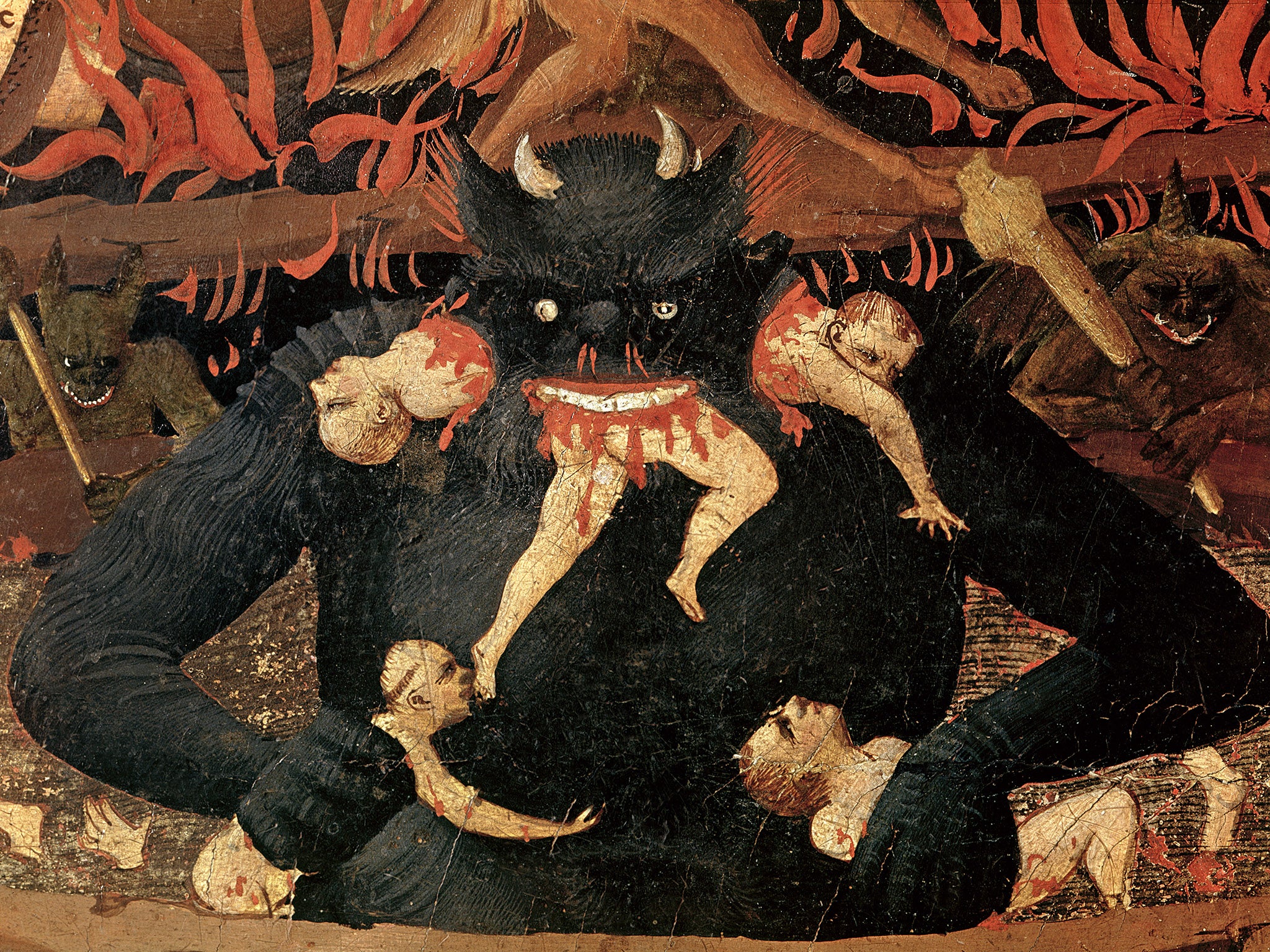Books of the year 2014: The best books on religion
In Fields of Blood, Religion and the History of Violence, Karen Armstrong deals with the popular suspicion that “religion” is at the root of most conflicts

As the Sunni, the Shia, the Kurds and others slug it out in Iraq and Syria, comparisons are understandably drawn with the Thirty Years War, when Protestant and Catholic armies rampaged over Central Europe.
Karen Armstrong is one of several writers making sense of the new wars of religion. In Fields of Blood, Religion and the History of Violence (Bodley Head, £25), she deals robustly with the popular suspicion that “religion” is at the root of most conflicts. Armstrong argues also that the West is at least partly to blame for the chaotic state of the Middle East.
Jonathan Brown, meanwhile, takes apart much-abused notions about what “Islam says”, by separating what Muslims believe to be the word of God – the Koran – from a mass of sayings attributed to the Prophet, known as Hadiths. Misquoting Muhammad (Oneworld, £25) makes the important point that what many Muslims believe to be essential tenets of their faith are often nothing of the sort.
Muslims and Christians are not the only victims of the confessional struggle ripping up the map of the Middle East, as Gerard Russell shows. Heirs to Forgotten Kingdoms (Simon & Schuster, £20) is a fascinating survey of the half-forgotten little faiths of the region. Russell explains why Yazidis worship peacocks, the Druze revere Pythagoras and why Alawites hate talking about their beliefs at all. The book contains the wonderful line: “When Neil Armstrong set foot on the moon, it provoked a theological crisis among Alawite scholars.” You will have to read his book to find out why.
Turning from the God-obsessed Middle East to the virtually God-free zone of Europe, Terry Eagleton masterfully sums up Western philosophy’s long struggle to write a deity out of the script. In Culture and the Death of God (Yale, £18.99), he notes that the creation of an “authentic atheism” was simply beyond the powers of most thinkers in the 18th and 19th centuries, so they ended up creating stand-in gods out of art, nature and nation. Only with the advent of post-modernism is “nostalgia for the numinous finally banished”.
Staying in the – almost – godless west, Barbara Ehrenreich has found out how difficult being a good atheist can be. In Living with a Wild God, a Non-believer’s Search for the Truth about Everything (Granta £16.99), she recounts how a series of ecstatic visions forced her to confront her deepest convictions about what she assumed was not out there. Fascinating to see the more usual tale, of “How I lost my faith,” presented in reverse.
Finally, readers fed up with all the God talk might turn with relief to the latest book about his antithesis. In The Devil: a new biography (IB Tauris, £20), Philip Almond charts Satan’s “life” from slightly confusing origins in the Bible to full-blown maturity as the cloven-footed devil of the Middle Ages. Almond sheds new light on the prince of darkness.
Subscribe to Independent Premium to bookmark this article
Want to bookmark your favourite articles and stories to read or reference later? Start your Independent Premium subscription today.

Join our commenting forum
Join thought-provoking conversations, follow other Independent readers and see their replies